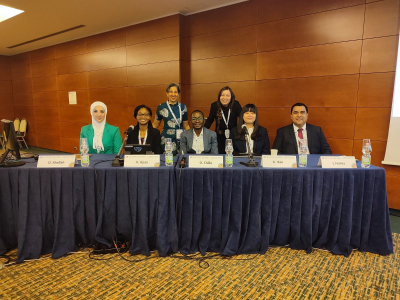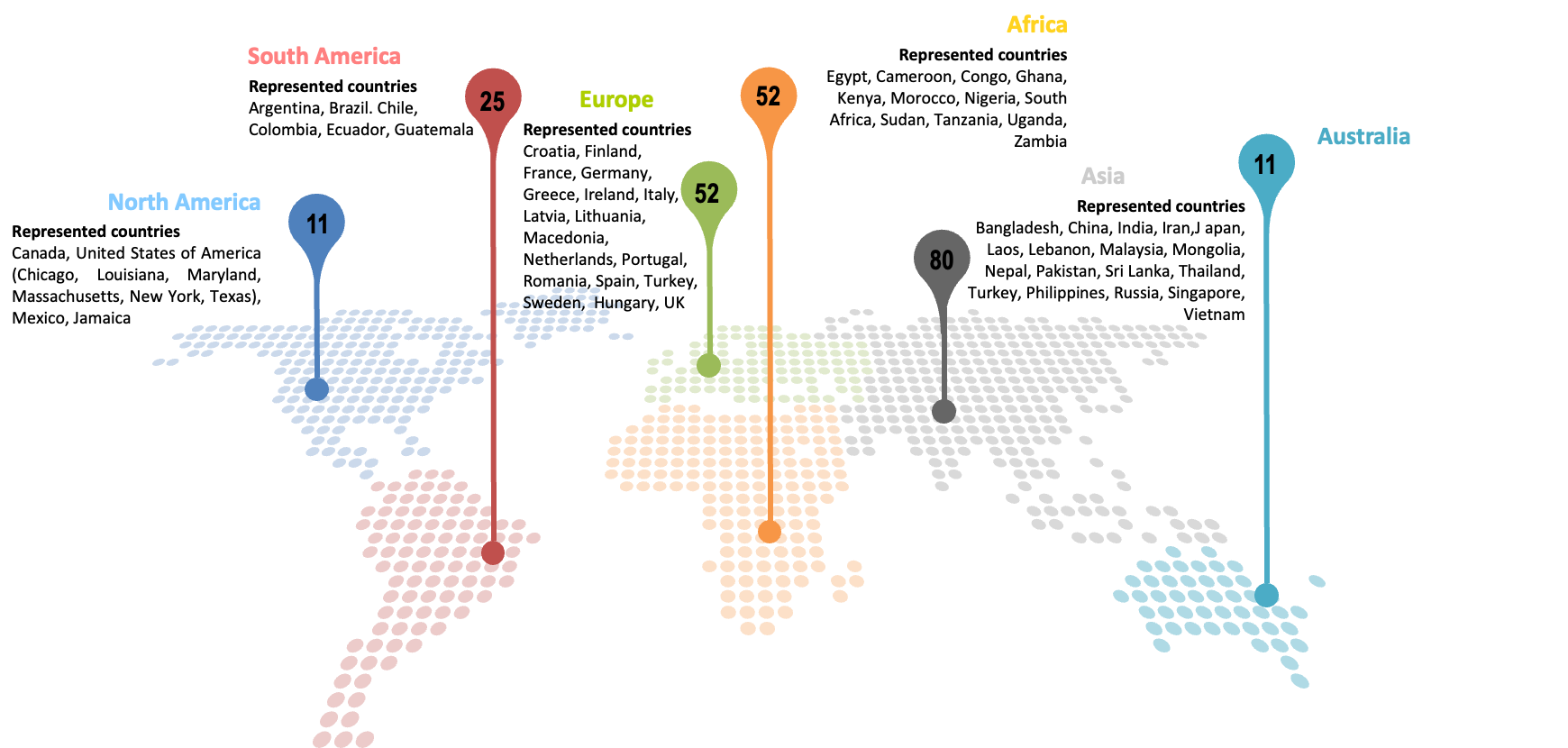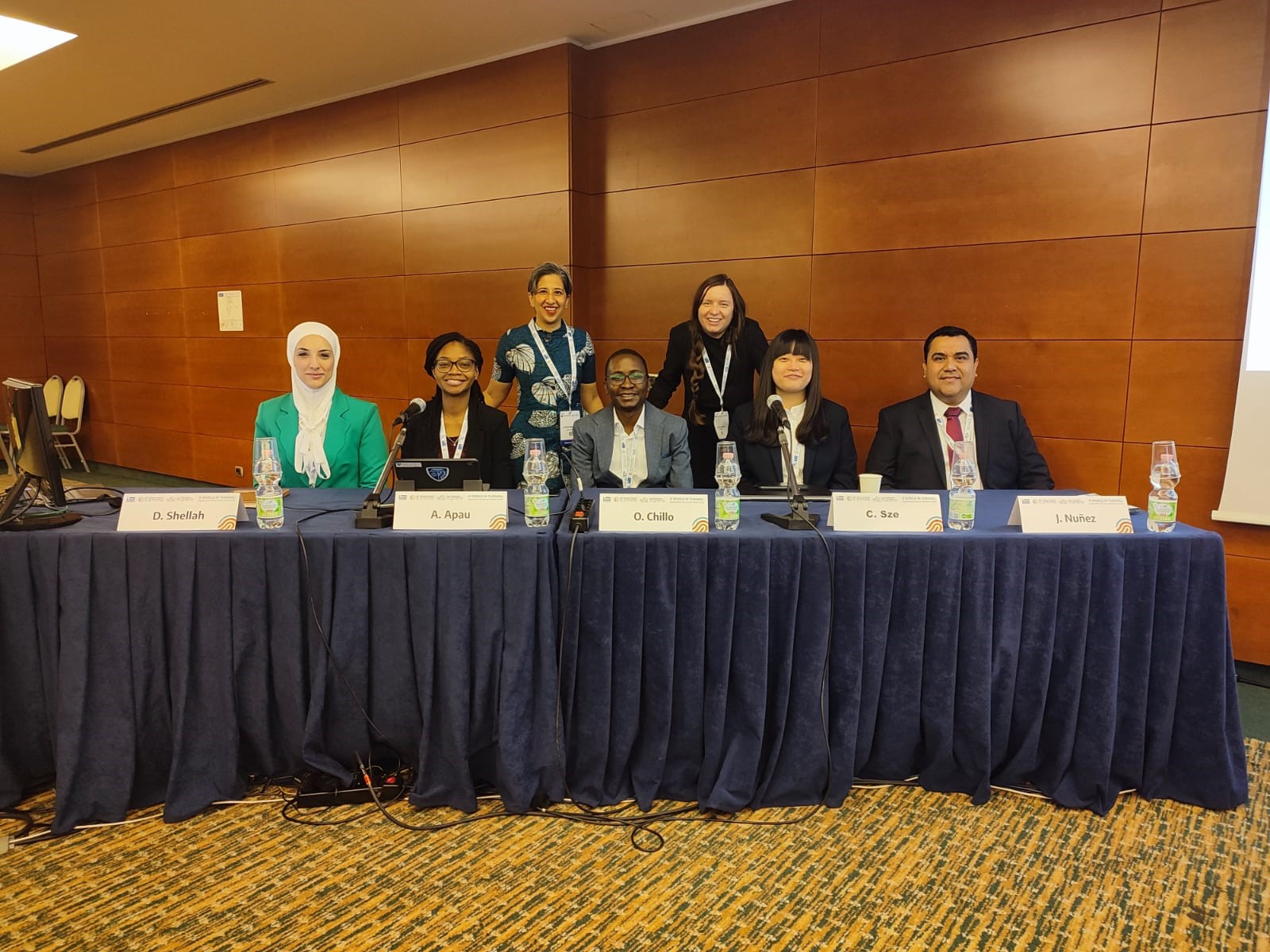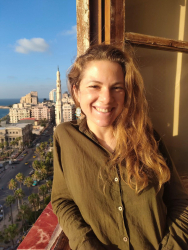


The Young Physician Leaders (YPL) programme marks a dozen years of existence and enjoys worldwide prominence among many budding initiatives for emerging health leaders. Why exactly is YPL prominent and successful in identifying, training and cultivating health leaders of tomorrow? Several attributes are to be acknowledged: diversity and inclusion (with global coverage and predominance of less-represented countries as shown on Figure 1), equity and tradition (with annual frequency and nearly equal gender distribution across all cohorts), as well as excellence in the process of selection (curated by the national academies of sciences in collaboration with IAP).

YPL alumni steering committee (YPL-ASC) is a recent initiative, launched with an aim to forge paths where there are none (by envisioning a plan that would deepen the understanding of YPLs) and to create chances where there were none (by spreading the information about the program and inspiring future candidates at scientific events). In a true YPL fashion and with a visionary approach, YPL-ASC applied and were awarded with a grant titled “Enhancing leadership and management: Analysis and strategic dissemination of lessons learned from IAP YPL”. The project aims to explore the integral profiles of emerging health leaders (including their dispositional characteristics and situational contexts), but also to breach distances and regions (by bringing people together and attending various scientific events).
This is where WCPH comes into place. Namely, YPL-ASC were invited to host a workshop at this year’s edition of the congress. Preliminary findings as regards the shared traits, styles, ambitions and challenges of young physician leaders (obtained from a geographically representative sample with 77 participants) were presented during the first half of the workshop, revealing that conscientiousness and agreeableness were more prominent personality traits (as shown on Figure 2), while the transformational style of leadership (with potential to change oneself, one’s surroundings and the society) is most cultivated among the surveyed YPL alumni.

The second part of the workshop was reserved for exchange of experiences with invited guests and attendees from the audience, resembling a group support session and a brainstorming session in one (Figure 3). Many focused on the recent public health crisis with the COVID-19 pandemic, highlighting that effective leadership (at all levels) emerged as one of the most important strategies for combating the ensuing turmoil.

Beyond the scope of the congress, YPL-ASC are looking forward to disseminate their findings at several scientific events (with European Health Psychology Conference as a next destination), and connect with colleagues, creating a strong network of like-minded, proactive and prosocial individuals.
*The first part of the title is a reference to the leading theme of the latest World Congress in Public Health (WCPH), while the latter part is a reference to the leading IAP program for Young Physician Leaders (YPL).
This report was compiled by: Biljana Gjoneska (North Macedonia); Atiya Mossam (South Africa), Duha Shellah (Occupied Palestinian Territory), Omary Chillo (Tanzania), and Juan Carlos Nunez (Mexico). Read their profile on the IAP website and remain updated on their outstanding achievements.
